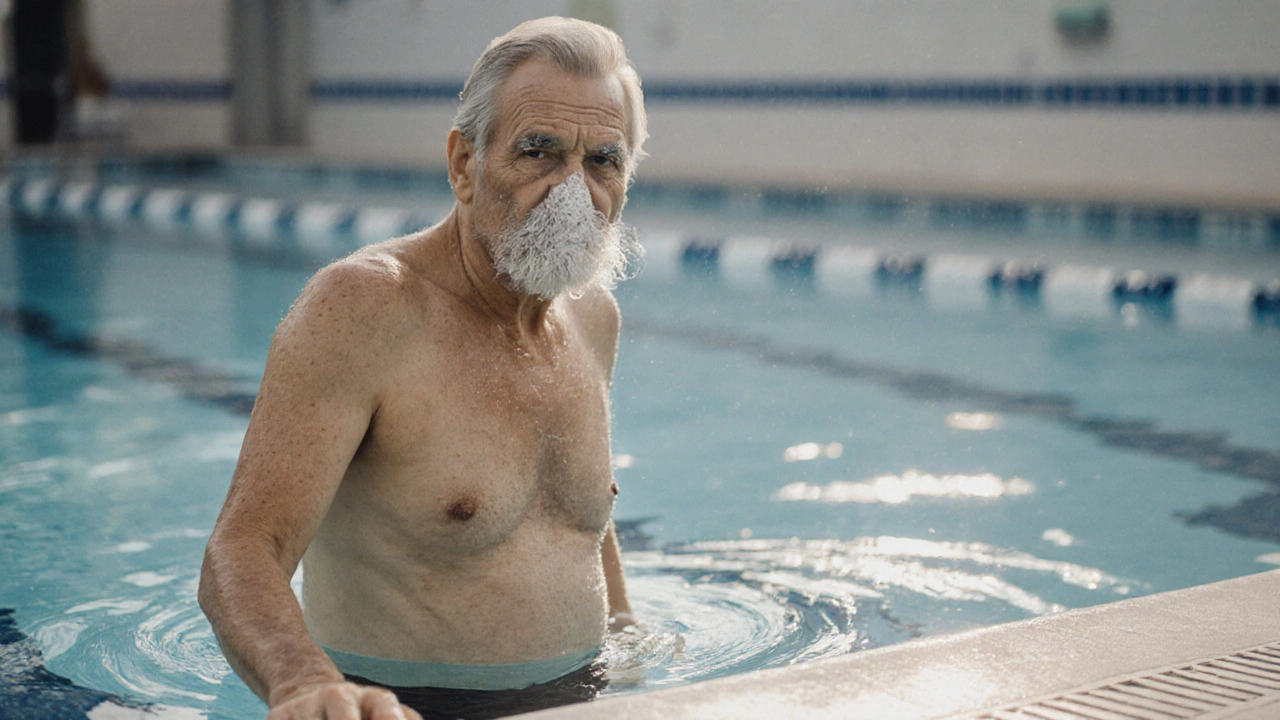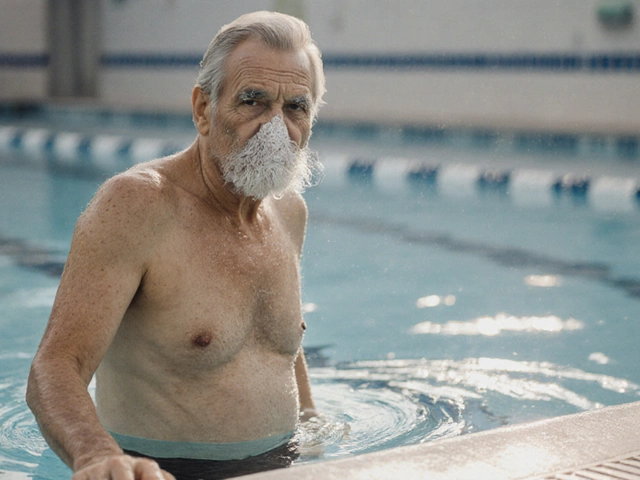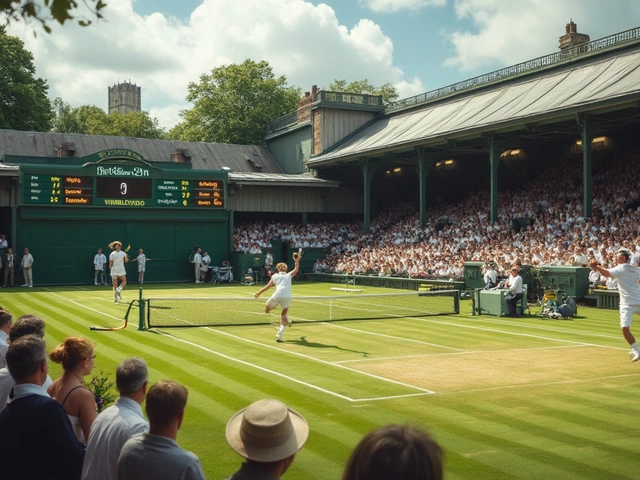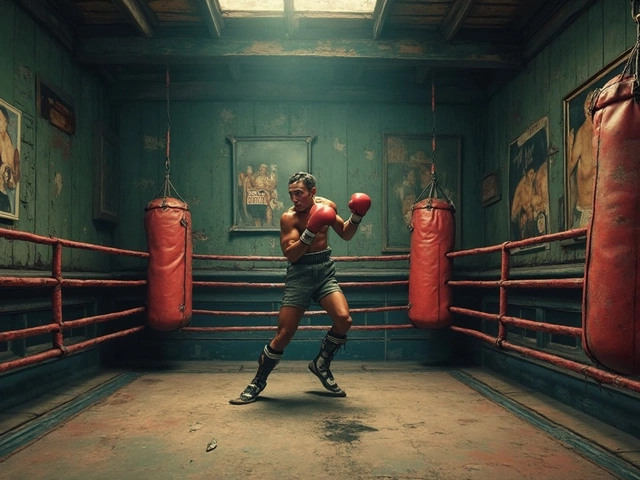Is It Too Late to Learn Swimming at 40? Here’s What Really Happens
Swimming Milestone Calculator
You’re 40. You’ve never learned to swim. Maybe you grew up without a pool nearby. Maybe school PE classes skipped the deep end. Maybe you just never felt ready. Now you’re standing at the edge of the water, heart pounding, wondering: Is it too late to learn swimming at 40? The answer isn’t what you think.
It’s not about age - it’s about mindset
People say, ‘Kids learn faster.’ That’s true. But adults learn differently - and often better. At 40, you don’t just copy movements. You understand why they matter. You know your body’s limits. You don’t panic when you sink. You pause. You breathe. You try again.
There’s a study from the University of Sydney tracking adults over 40 learning to swim for the first time. After 12 weeks of weekly lessons, 92% of participants could swim 25 meters without stopping. Not because they were young. Because they were consistent.
Age doesn’t stop you. Fear does. And fear can be unlearned.
What swimming at 40 actually looks like
Most adult beginners think they need to master freestyle first. They don’t. You start with breathing. Just that. Standing in waist-deep water, blowing bubbles out your nose. Then turning your head to breathe. Then floating. Not swimming - floating. Letting the water hold you.
That’s it. No kicks. No strokes. Just learning that water isn’t your enemy. It’s your support.
After a few sessions, you’ll try the flutter kick while holding the pool edge. Then, with a kickboard, you’ll glide. Then, you’ll combine breathing with one arm stroke. It’s slow. It’s awkward. And it’s normal.
At 40, your joints might feel stiffer. Your balance might feel off. That’s fine. You don’t need Olympic form. You need safety and confidence. The goal isn’t to race. It’s to survive if you fall in. To enjoy a lake on vacation. To play with your grandkids in the shallow end.
The real benefits you’ll gain - beyond swimming
Swimming isn’t just exercise. It’s therapy. The water takes pressure off your knees, hips, and back. You move without pain. You breathe deeper. Your heart rate steadies. That’s why physical therapists recommend it for people with arthritis, back pain, or recovering from injury.
At 40, your body starts changing. Muscles lose elasticity. Bone density drops. Stress builds up. Swimming fixes all of it - gently. A 30-minute swim burns about 250 calories. It strengthens your heart without pounding your joints. It lowers cortisol levels. It improves sleep.
And then there’s the mental shift. You’ve done something you thought was impossible. You’ve faced fear. You’ve shown up even when you felt silly. That confidence? It doesn’t stay in the pool. It shows up at work. In conversations. In saying ‘yes’ to other things you’ve avoided.
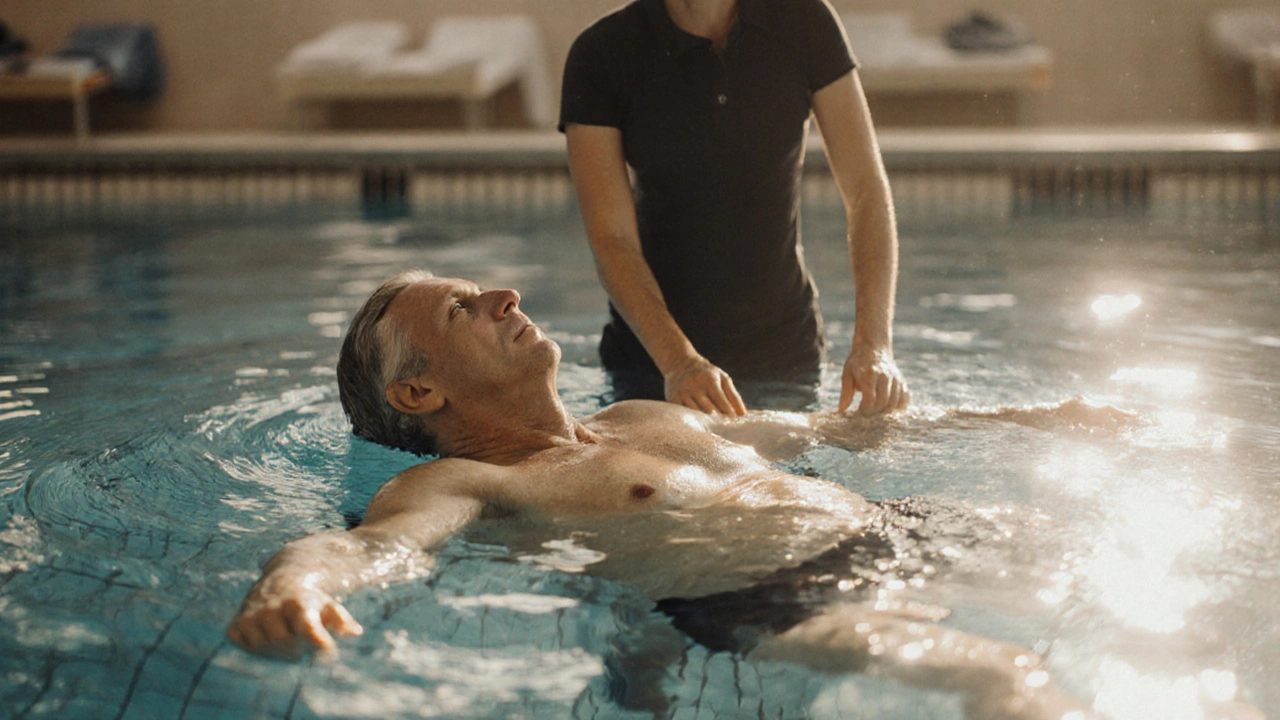
Where to start - no fancy gear needed
You don’t need a wetsuit. You don’t need goggles right away (though they help). You don’t need a membership to a fancy gym.
Find a local pool with adult-only lessons. Most community centers in Dublin, like the ones in Phibsborough or Rialto, offer beginner classes for adults. They’re quiet. No kids splashing. No pressure. Just you, a coach, and a lane.
Look for instructors who specialize in adult beginners. They know how to read fear. They don’t say ‘just relax.’ They say, ‘Let’s hold the wall. Breathe with me.’
Start with one lesson a week. Two if you can. Keep it simple. Don’t try to do everything at once. Progress isn’t measured in laps. It’s measured in moments: the first time you floated without grabbing the edge. The first time you breathed without choking. The first time you swam a full length without stopping.
What to expect - and what not to expect
Expect to feel awkward. Expect to be the oldest person in the class. Expect to laugh at yourself. That’s not failure - that’s progress.
Don’t expect to swim like a teenager in three weeks. Don’t expect to master butterfly. Don’t expect to join a masters swim team next month. That’s not the point.
Swimming at 40 is about reclaiming control. It’s about proving to yourself that you can learn something new - even if it feels too late.
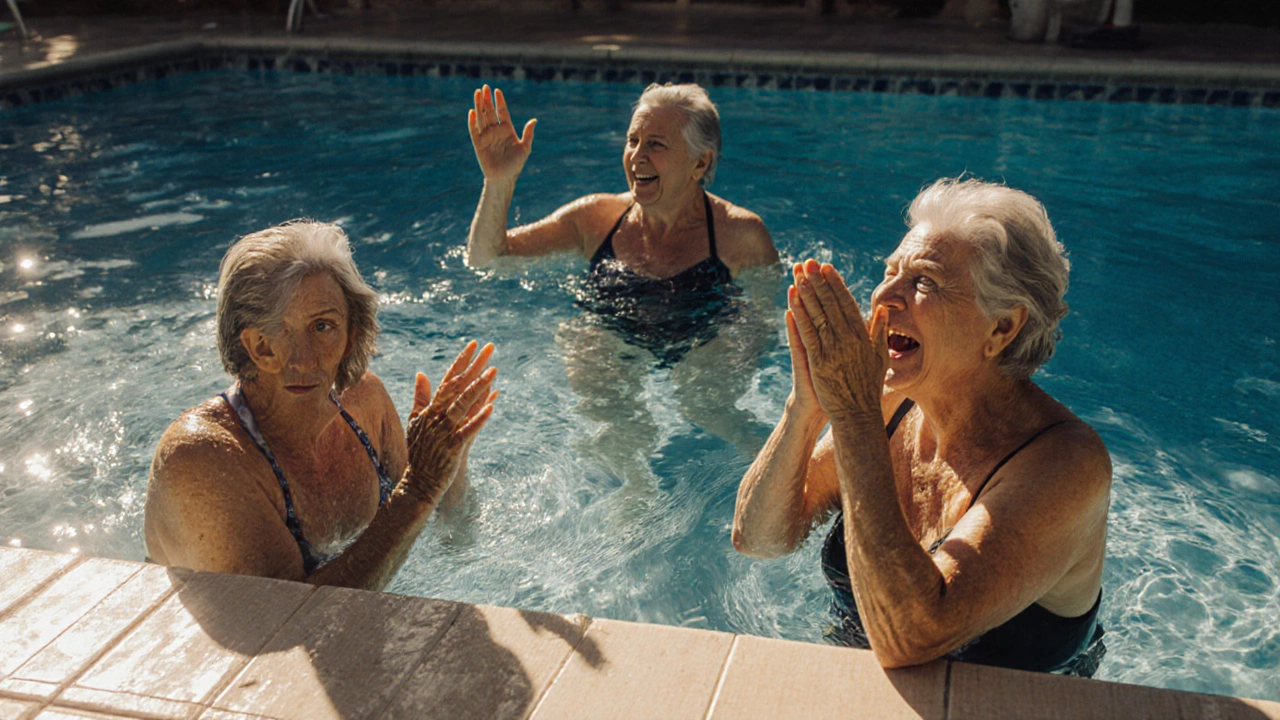
Real stories from real people
Maria, 43, from Cork, started lessons after her son nearly drowned at a beach holiday. She didn’t want to be helpless again. After six months, she swam across a lake with her family. She cried the whole way.
James, 47, from Galway, learned to swim after a heart scare. His doctor said, ‘Find low-impact cardio.’ He picked swimming. Two years later, he’s doing 1,000-meter sets. He says it’s the only time he feels completely calm.
They didn’t start because they wanted to be athletes. They started because they wanted to live.
You’re not behind - you’re just beginning
There’s no expiration date on learning. No cutoff age where your body says, ‘Too late.’ The only thing that stops you is the story you tell yourself: ‘I’m too old.’
That story is a lie.
At 40, you have something kids don’t: time to focus. Discipline. Purpose. You know what matters. You don’t waste energy on ego. You just show up. And that’s all swimming requires.
The water doesn’t care how old you are. It only cares if you’re willing to try. And if you’re reading this? You already are.
